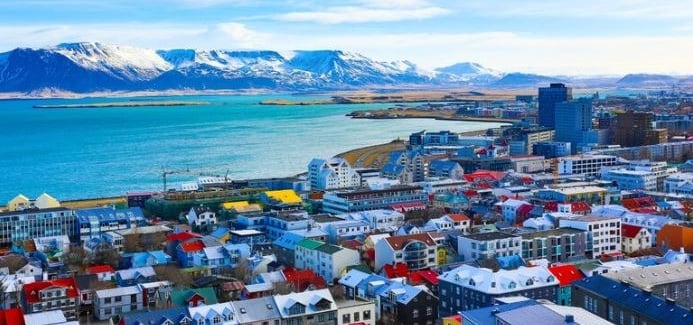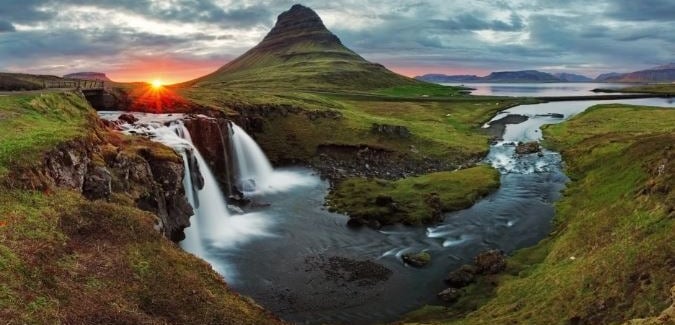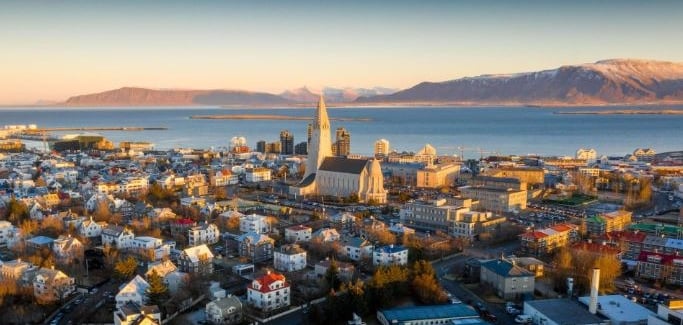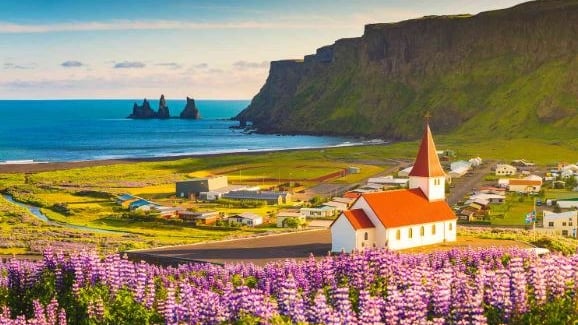Do You Know Which is the Safest Country in the World
#safestcountry, #iceland, #globalsecurity, #peaceindex, #safetravel, #crimefree, #safestplacetolive, #travelguide, #worldpeace, #globalpeaceindex, #safecountries, #top10safeplaces, #safecountries2025, #peacefullife, #safeworld, #secureliving, #icelandtravel, #safestplacetotravel, #globalliving, #worldranking
WORLD & POLITICS
7/26/20253 min read








Safety is a fundamental need for individuals and communities alike. Whether it's protection from crime, political stability, healthcare systems, or natural disasters, the concept of safety influences where people choose to live, work, or travel. But have you ever wondered which country stands out as the safest on Earth?
1. The Benchmark: Global Peace Index (GPI)
Every year, the Institute for Economics and Peace (IEP) publishes the Global Peace Index, which ranks countries based on factors such as:
Crime rates
Political stability
Militarization
Internal conflicts
Access to weapons
Relationships with neighboring countries
This index is one of the most comprehensive measures of global safety.
2. The Safest Country: Iceland
Topping the Global Peace Index for over a decade, Iceland is widely regarded as the safest country in the world. Here's why:
Low Crime Rates
Iceland consistently reports almost zero violent crime. The country doesn’t even have a standing army, and its police rarely carry firearms.
Strong Community Trust
Citizens enjoy a high level of social trust and cohesion. It's common to see people leave their doors unlocked and children playing outside unsupervised.
Political Stability
Iceland has a stable government, low corruption, and transparent institutions, fostering an environment of confidence and safety.
Healthcare and Education
Iceland offers universal healthcare and a strong education system, further contributing to its citizens' well-being and overall safety.
3. Honorable Mentions: Other Safe Countries
Besides Iceland, here are other countries frequently featured in the top 10 safest nations:
a. New Zealand
Low crime, breathtaking natural beauty, and an inclusive society make it a favorite among travelers and expats.
b. Ireland
Known for its friendly locals, peaceful lifestyle, and robust public services.
c. Denmark
With an excellent welfare system and high standard of living, Denmark is another great example of a secure country.
d. Austria
Boasting picturesque landscapes and efficient public infrastructure, Austria ranks high in safety and quality of life.
e. Singapore
Although densely populated, Singapore has strict laws and surveillance systems that keep crime incredibly low.
4. What Makes a Country Safe?
While low crime rates are important, the following also contribute significantly:
Good governance and rule of law
Access to basic services like education and healthcare
Economic equality and employment opportunities
Disaster preparedness and climate resilience
Mental health support systems
5. Traveler’s Perspective
For travelers, safety includes:
Reliable emergency services
Low theft or scams
Accessibility for medical help
Ease of communication in case of emergencies
Respect for tourists and women safety
Countries like Iceland and New Zealand score high on all these aspects, making them popular tourist destinations.
6. Safety in India: A Perspective
While India has areas that are very safe, like Sikkim, Himachal Pradesh, and Kerala, safety varies greatly by region. The country continues to improve in areas like digital surveillance, public policing, and disaster response, but faces challenges like urban crime and social unrest in pockets.
7. Technology and Safety
Modern safety also includes cybersecurity and digital protection. Countries investing in smart surveillance, artificial intelligence, and community-based policing are becoming safer for residents and visitors alike.
8. Future of Global Safety
With emerging threats like climate change, cyber warfare, and pandemics, the idea of safety will continue to evolve. Nations that are adaptive, cooperative, and community-driven will lead in maintaining peace and well-being.
Conclusion
In a world that’s constantly changing, safety has become a dynamic, multi-dimensional concept. While Iceland holds the crown for being the safest country in the world, several other nations follow closely by ensuring peaceful living through smart governance, community trust, and sustainable development.
Wherever you are, the ultimate goal is not just safety from harm—but freedom to live without fear. And that’s what makes safety such a powerful benchmark of progress.
Knowledge
Empowering minds with reliable educational content daily.
Newsletter Signup
© 2025 DoYouKnow. All rights reserved.
Stay Ahead of the Trends – Join Our Newsletter
